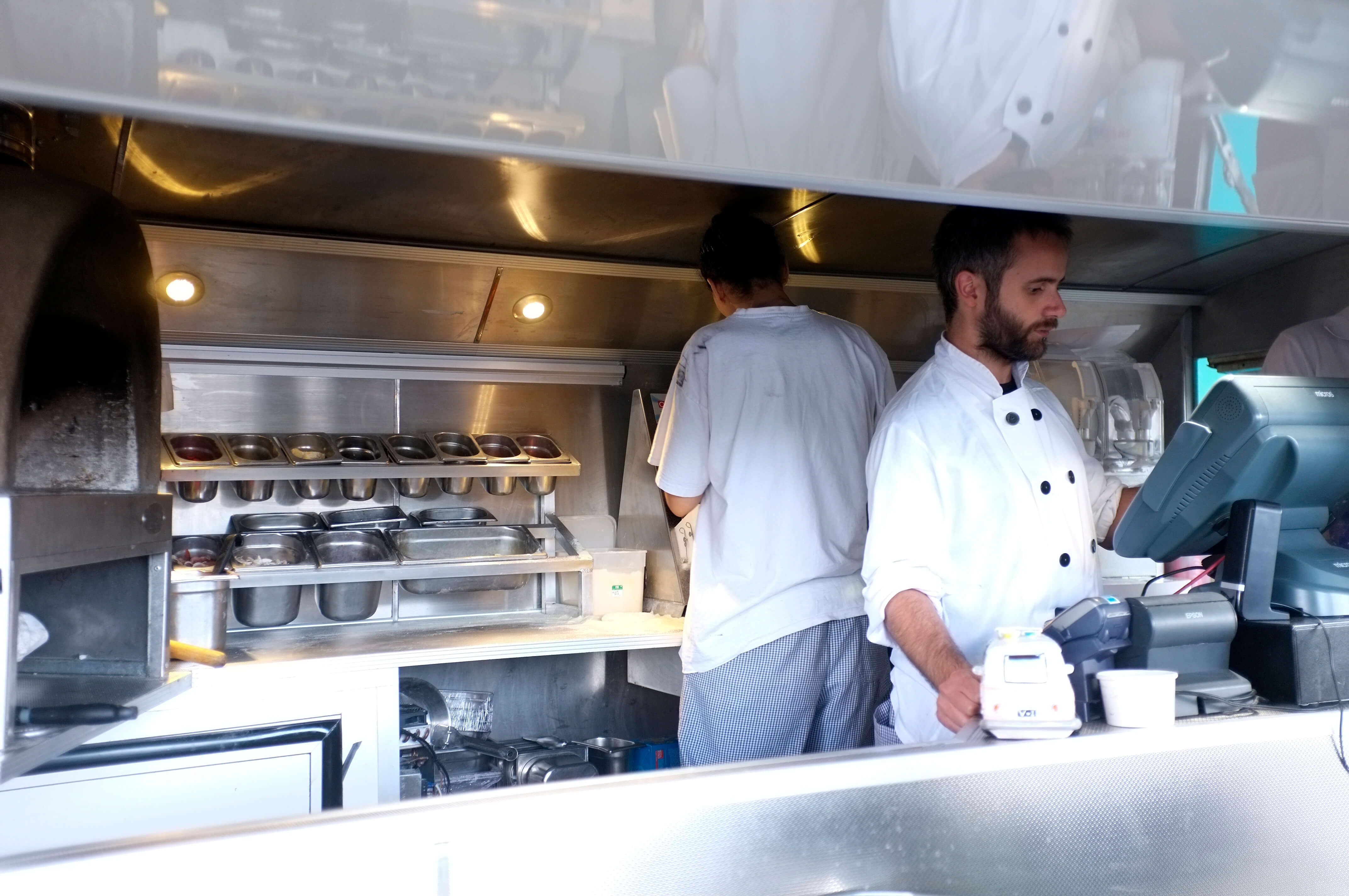Useful Tax Tips for Expanding Your Fledgling Food Business
 Congratulations! You started a food service business in a food truck or completed a proof of concept on wheels or in temporary space. Now you have made a business decision to expand and operate a brick-and-mortar location.
Congratulations! You started a food service business in a food truck or completed a proof of concept on wheels or in temporary space. Now you have made a business decision to expand and operate a brick-and-mortar location.
Here are some tax considerations you should consider as you move forward with your business venture:
Choice of Business Entity
If you are creating a new legal entity for the brick-and-mortar location or never formally created one for the prior business, it is essential to consider a legal form that protects you from personal liability, such as a limited liability company (LLC) or corporation.
Unlike other industries, most successful restaurants have a substantial amount of daily foot traffic along with employees engaged in physical activities. These activities increase the likelihood a person could be injured on the premises. For instances where there are potential claims, an owner would want the business, not him personally to be responsible for any liability.
Along with the limited liability aspect of entity choice are income tax considerations. Every entity is different and you should meet with your tax professional to discuss the entity choice. Discuss the advantages and disadvantage of Corporations, S Corporations and Limited Liability Companies all of which provide legal liability protection, but have differing tax consequences. Tax issues that should be considered include:
- Sale of the business
- Use of losses
- State tax issues
- Compensation package
- Complexity of organization structure
Tax Credits for Restaurants
There are several tax credits available to small business employers including restaurants, which may qualify for one or more of the following tax credits:
- Credit for employer Social Security and Medicare taxes paid on certain employee tips. Companies can claim a credit for Social Security and Medicare taxes paid by the employer on employee tips.
- Work Opportunity Tax Credit (WOTC). Companies can claim the credit for first or second year wages paid to certain qualified employees. Qualifying employees include long-term unemployment recipients, ex-felons, welfare recipients and veterans.
Cost Segregation Studies for Accelerated Depreciation Recovery
A cost segregation study is an in-depth analysis of fixed asset expenditures that identifies proper cost recovery periods for tax deprecation purposes.
Typically, restaurant building components are classified with longer depreciation recovery periods of 15 to 39 years. Utilizing a cost segregation study, certain items may be identified as having shorter recovery periods of 5 or 7 years. A shorter recovery period would accelerate depreciation expense and result in reduced current income tax liabilities.
Income from Gift Cards
The purchase and use of gift cards has significantly increased in popularity, as a result the IRS has focused more on compliance.
Amounts received for the sale of gift cards generally are included in income in the year of receipt, which may not be the same year the gift card is redeemed. However, taxpayers have the ability to elect a one-year income deferral method. Under this method, revenue from unredeemed gift cards can be deferred to the first taxable year following the year of receipt. As a restaurant owner, be sure to pay special attention to the tax treatment of gift cards to ensure compliance, and take advantage of income tax deferral opportunities.
